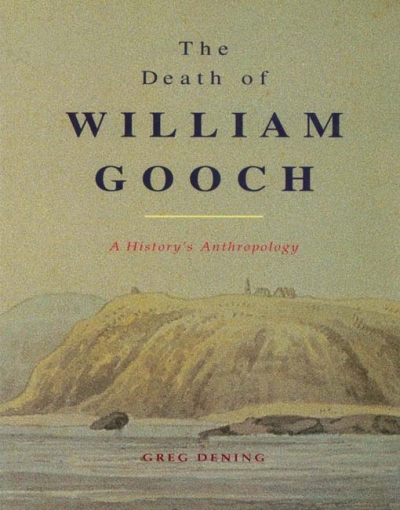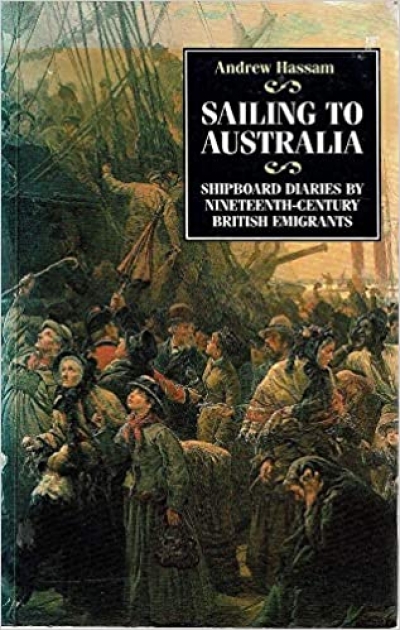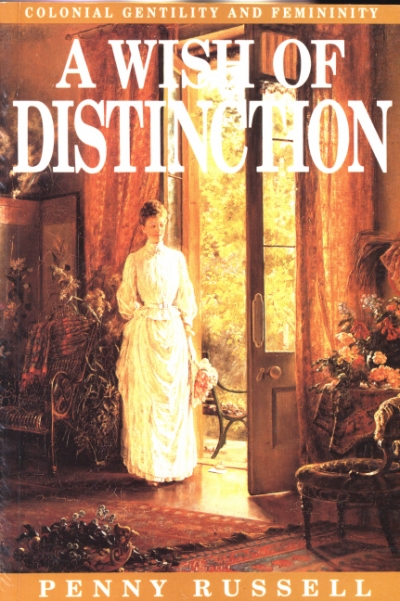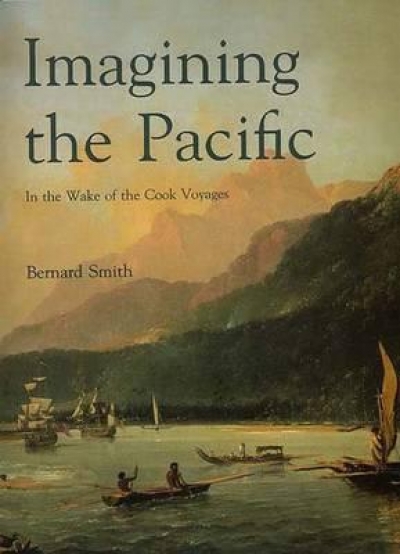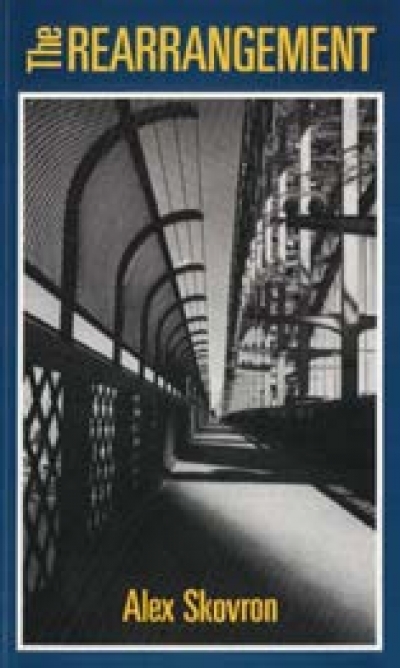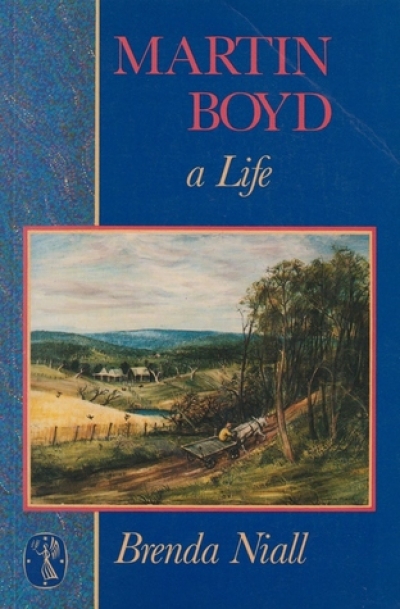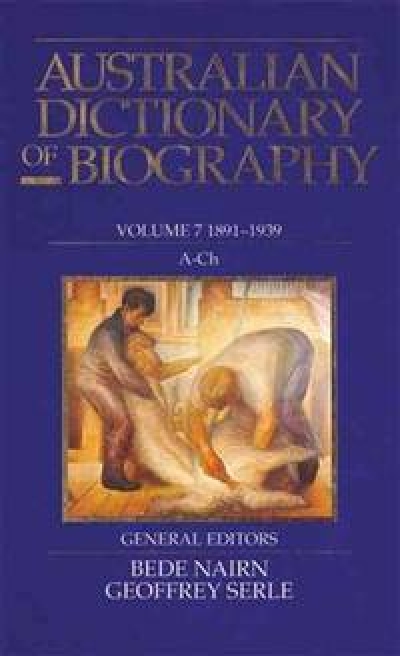Melbourne University Press
The Death of William Gooch: A history’s anthropology by Greg Dening
by Inga Clendinnen •
Sailing to Australia: Shipboard diaries by nineteenth-century British emigrants by Andrew Hassam
by Graham Little •
An Officer of the Blue: Marc-Joseph Marion Dufresne: South Sea Explorer, 1724–1772 by Edward Duyker
by Oscar Spate •
A Wish of Distinction: Colonial gentility and femininity by Penny Russell
by Helen Elliott •
These five books are about war and are all written by veteran infantrymen (except Making the Legend), a fact which is quite relevant. The fiction is every bit as gritty as the non-fiction. There’s none of the glamour that popular thrillers attach to war, and there’s none of the abject horror that literature generally attributes to war. Instead, there is what can only be described as honesty. These books are truly about the work of winning wars; not the glory or triumph, but the face-in-the-mud labour of it.
... (read more)Imagining the Pacific in the Wake of the Cook Voyages by Bernard Smith
by Jonathan Holmes •
Teacher Learning edited by Gwyneth Dow & Melbourne Studies in Education 1982 edited by Stephen Murray-Smith
by John Hanrahan •
The Australian Dictionary of Biography Vol 7 1891–1939, A–Ch edited by Bede Nairn and Geoffrey Serle
by Don Watson •

